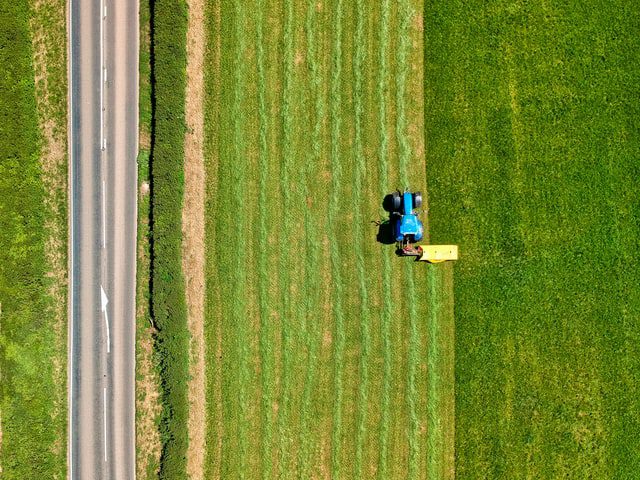The market for agricultural land has long since departed from mirroring the wider property market and general economy, being distorted for so many reasons. It no longer even reflects farming profitability. So, what are the market drivers?
Whilst profit is not a key driver, many progressive farmers are continuing to invest in land on the basis of spreading fixed costs and gaining efficiencies. Low interest rates, coupled with favourable rates for farming businesses and loans secured against farmland, is being balanced against uncertainty from climate change and subsidy funding in the light of Brexit.
I was taught from an early age that when it comes to farmland, “they’re not making any more of it”; how true that is. When farmland comes up for sale it is often neighbours who are in the running for it.
I mentioned that pure agriculture is not the driver any more and there are many external factors that give rise to land prices.
Non-agricultural uses
Farmland is often aesthetic to look at, compared with other forms of property. Who would buy an office block or factory simply to enjoy walking round it at the weekend, or for amenity use? We frequently encounter individuals keen to buy land around their home, for either the pleasure of looking at it or for control and perhaps to prevent others using it in a prejudicial way (including building). Equestrian buyers do, of course, feature in the land market, frequently paying a premium above agricultural value for small parcels. This does, however, only account for a small proportion of national land sales.
Other forms of diversification also help to boost the market. Look at the rise in leisure uses in recent years, glamping, shooting, recreation, tourism, wedding venues, etc., many of which involve agricultural land and buildings.
Taxation
The key influences, though, are tax – principally Capital Gains Tax (CGT) and Inheritance Tax (IHT). Many farmers and landowners have benefitted from windfall income in recent years due to development, resulting from the insatiable demand for housing. It is possibly to mitigate CGT by “rolling over” the gain and buying more (qualifying) land and property. Rightly or wrongly this is often the preferred route as the tax savings can be immense, often in the hundreds of thousands of pounds, occasionally into the millions. The result is that these buyers can afford to spend more than others, pushing the price up.
There can also be IHT savings from owning farmland. There are criteria to be met, such as farming the land or letting on a Farm Business tenancy agreement, but the ultimate saving can be 100% of the property’s value. If an individual has, say, £1m in cash, or invested in other assets, the IHT saving is a whopping £400,000. It does take time to secure this relief and it only applies on the “agricultural” value, i.e. excluding any development potential or non-farming elements. Again, this serves to push land prices up.
Pre-COVID19 there were rumours that some of the tax advantages would be removed, but this has not yet happened. Long term the pressure will no doubt return to the Government, once the “spend, spend, spend” of the pandemic turns into the need to recover taxation monies.
Oakwood
Farm sales are usually more complex than ordinary houses and require an expert advice on issues that arise. There may be unconventional arrangements for utilities, easements and wayleaves, unregistered land, restrictive covenants and family ownerships, not to mention the need to consider development potential and planning opportunities.
At Oakwood we frequently advise farmers and landowners on the sale of rural property, dealing with all ancillary issues and working alongside our clients’ solicitors and accountants. We are keen to ensure that our clients receive best value when disposing of land – after all they only get one chance at it.
We offer a friendly, no obligation sales appraisal, usually combined with a site visit (subject at the moment to a COVID19 risk assessment). If you own rural property in Cheshire and are thinking of selling or reviewing it, give us a call today on 0161 941 4228.
Graham Bowcock MRICS MRAC
Chartered Surveyor
Managing Director






